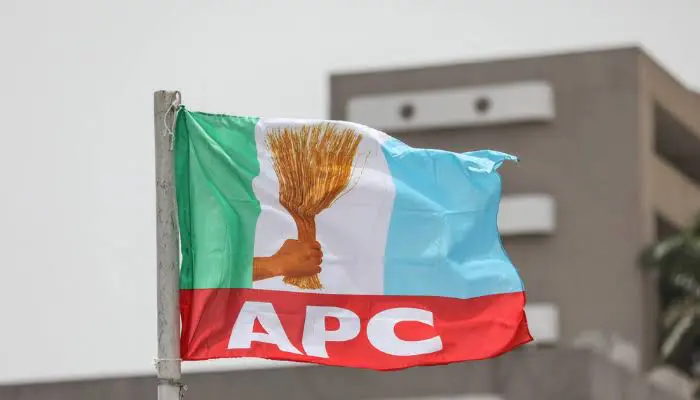
A visiting Professor at Taraba State University, Jalingo, Professor Jonah Onuoha, has alleged that politicians defecting from their parties to the ruling All Progressives Congress, APC, are motivated by fear of losing in the 2027 general elections and by the desire to evade anti-graft scrutiny.
Speaking in Jalingo on weekend about the recent wave of defections across the country, Onuoha described the trend as a clear indication that many Nigerian politicians lack genuine political ideology and are driven primarily by personal interest.
“These politicians are looking for a platform where they can win elections in 2027 and also where agencies like the EFCC will not come after them during or after their tenures.
“The defections are simply a survival strategy; politicians believe that once they join the ruling party, their interests are protected and their sins are forgiven,” he said.
Onuoha, who is also the Director of the Centre for American Studies at the University of Nigeria, Nsukka, UNN, expressed concern that the spate of defections could further weaken the opposition Peoples Democratic Party, PDP,
“It is indisputable that there are internal crises in the PDP, but if members remain dedicated and believe in the party’s ideology, the problems can be resolved before the 2027 elections.
“However, the ongoing defections from PDP to APC will definitely affect the party’s chances in the presidential, governorship, and legislative elections,” he explained.
He cited the recent defection of Enugu State Governor, Peter Mbah and the entire PDP structure in the state to the APC as a “serious minus” to the opposition party.
The political scientist, who once served as Head of the Department of Political Science at UNN, warned that if the trend continued, Nigeria might drift toward a one-party system by 2027, an outcome he described as “unhealthy and dangerous for democracy.”
Supporting Onuoha’s position, Dr. Chinedu Ejezie, a Senior Lecturer in the Department of Political Science at UNN, also condemned the wave of defections, arguing that good governance and electoral success are not dependent on belonging to the ruling party.
He dismissed claims by some governors that they were defecting in order to “connect their states to the centre,” noting that all 36 states had been receiving their monthly federal allocations since President Bola Tinubu assumed office in May 2023 without discrimination.
“Even with the removal of fuel subsidy, federal allocations to states have increased significantly. There is no evidence that any governor has been denied allocation because he belongs to the opposition,” Ejezie said.
He pointed to governors like Alex Otti of Abia State (Labour Party), Charles Soludo of Anambra State, APGA, and Seyi Makinde of Oyo State, PDP, as examples of opposition leaders performing well without defecting to the APC.
“After all, some governors in the ruling party are not doing well in their states, showing that being connected to the centre is not a guarantee for good governance.
“What matters is the judicious use of federal allocations and the proper management of human and material resources,” Ejezie added.

